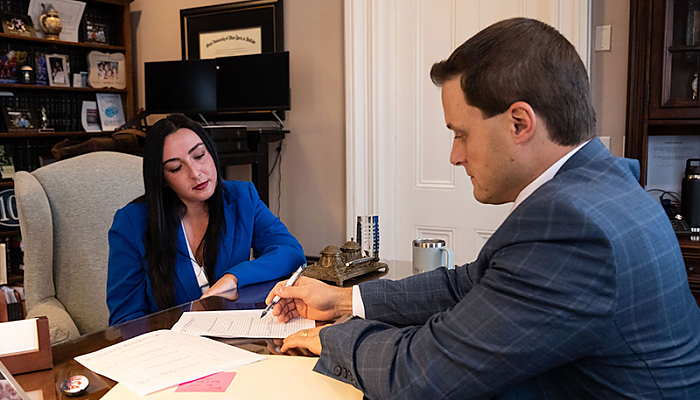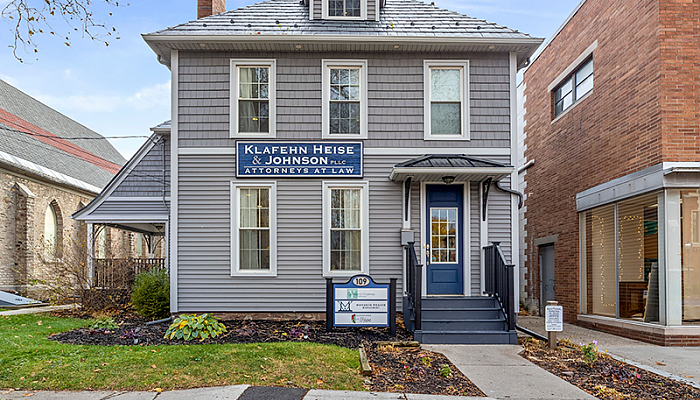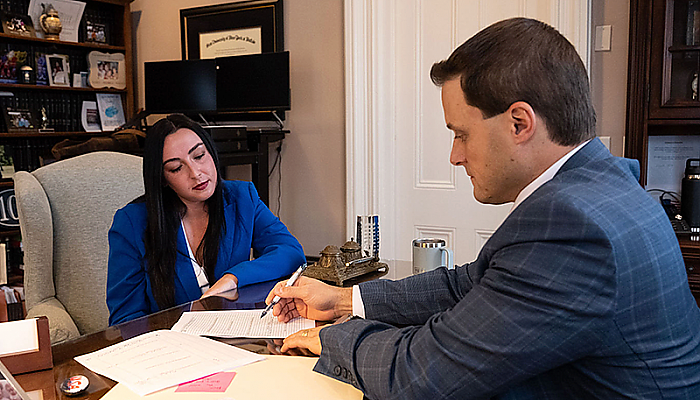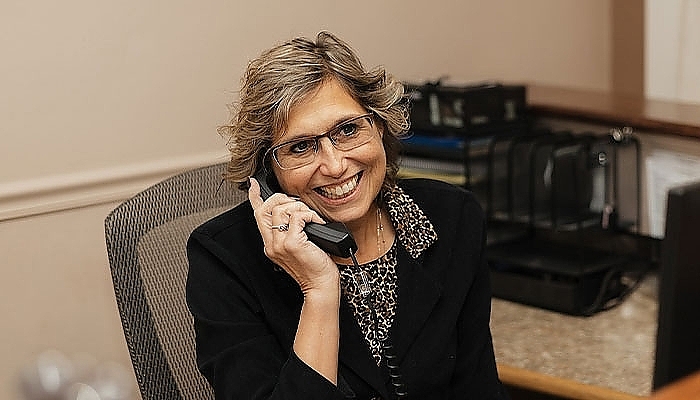How Does Probate Work in New York, and Do I Need a Lawyer?
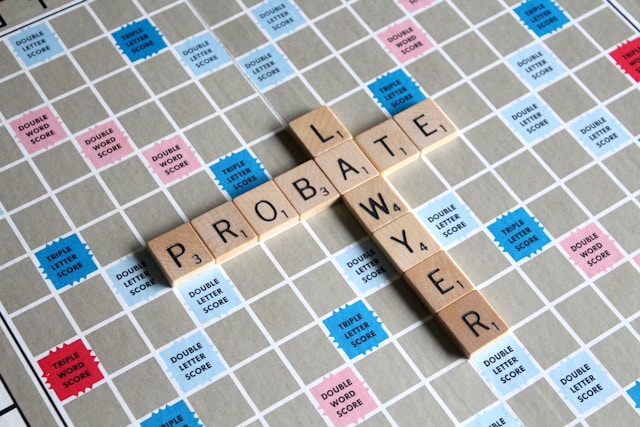
Probate is a legal process that can often feel daunting, especially when dealing with the loss of a loved one. In New York, understanding how probate works and whether you need legal assistance can significantly affect how smoothly the process unfolds. At Klafehn, Heise & Johnson P.L.L.C., we are dedicated to guiding you through the intricacies of probate law in Rochester, Brockport, and the surrounding areas. Here’s a comprehensive overview of the probate process in New York and the reasons you might want to consider hiring a lawyer.
1. What Is Probate?
Understanding the Probate Process
Probate is the legal procedure through which a deceased person’s assets are distributed according to their will (if they have one) or state law (if they do not). The process involves validating the will, identifying and inventorying the deceased's assets, paying debts and taxes, and finally distributing the remaining assets to the beneficiaries.
Why Is Probate Necessary?
Probate serves several important functions:
- It ensures that the deceased’s wishes, as outlined in their will, are followed.
- It provides a structured process for settling debts and distributing assets, reducing the likelihood of disputes among heirs.
- It establishes a legal framework for the transfer of ownership of the deceased’s assets.
2. The Steps Involved in the New York Probate Process
Filing the Will
The first step in the probate process is to file the deceased's will with the appropriate Surrogate's Court in New York. This is typically the court in the county where the deceased lived at the time of their death. If there is no will, the estate will go through intestate succession, meaning state laws will determine how assets are distributed.
Appointing an Executor
If there is a will, it typically names an executor—an individual responsible for managing the estate. If no executor is named or if there is no will, the court will appoint an administrator to oversee the probate process.
Inventorying Assets
Once the executor is appointed, they must take inventory of the deceased's assets. This includes real estate, bank accounts, investments, and personal property. The executor is responsible for ensuring that all assets are accounted for and valued.
Paying Debts and Taxes
Before distributing assets to beneficiaries, the executor must settle any debts or taxes owed by the estate. This may involve notifying creditors and using estate assets to pay off outstanding obligations. It's crucial to handle this step properly to avoid potential legal issues.
Distributing Assets
After debts and taxes are settled, the remaining assets can be distributed to the beneficiaries as outlined in the will. If there is no will, assets will be distributed according to New York intestacy laws.
3. Do I Need a Lawyer for Probate in New York?
The Complexity of Probate
While some individuals may attempt to navigate the probate process without legal assistance, having a lawyer can make the process smoother and more efficient. Here are some reasons why you might want to consider hiring a lawyer:
- Navigating Legal Requirements: New York probate law can be complex, and a lawyer can help you understand the legal requirements, deadlines, and paperwork involved.
- Reducing Conflicts: A lawyer can help mediate any disputes that may arise among beneficiaries or creditors, minimizing family conflicts during a challenging time.
- Ensuring Compliance: An experienced attorney will ensure that all steps of the probate process are followed correctly, reducing the risk of delays or legal complications.
- Managing Tax Issues: Probate often involves tax considerations. A lawyer can provide guidance on how to handle any estate taxes or other financial matters that may arise.
4. Choosing the Right Attorney for Your Probate Needs
Why Choose Klafehn, Heise & Johnson P.L.L.C.?
If you are facing the probate process in Rochester or Brockport, the team at Klafehn, Heise & Johnson P.L.L.C. is here to help. Our experienced attorneys understand the intricacies of New York probate law and can provide the support and guidance you need during this challenging time. Contact us today to schedule a consultation and learn how we can assist you.
Take Control of the Probate Process
Understanding how probate works in New York is essential for ensuring that your loved one’s wishes are honored and their assets are distributed correctly. While navigating the probate process can be complex, having the right legal support can make all the difference. Don’t hesitate to seek assistance—reach out to Klafehn, Heise & Johnson P.L.L.C. to ensure that you have the professional guidance you need.
Legal Disclaimer: This article provides general information about legal strategies and guidance for probate law in New York State. It should not be construed as legal advice or a substitute for consulting with an attorney. Each individual’s situation is unique, and laws can vary from state to state. For specific legal advice and guidance tailored to your transactions and circumstances, consult with the attorneys at Klafehn, Heise & Johnson PLLC in Brockport, NY. You can contact us here. Portions of this account are considered ATTORNEY ADVERTISING under the New York State Unified Court System Rules of Professional Conduct (22 NYCRR Part 1200). Prior results do not guarantee a similar outcome.
‹ Back





